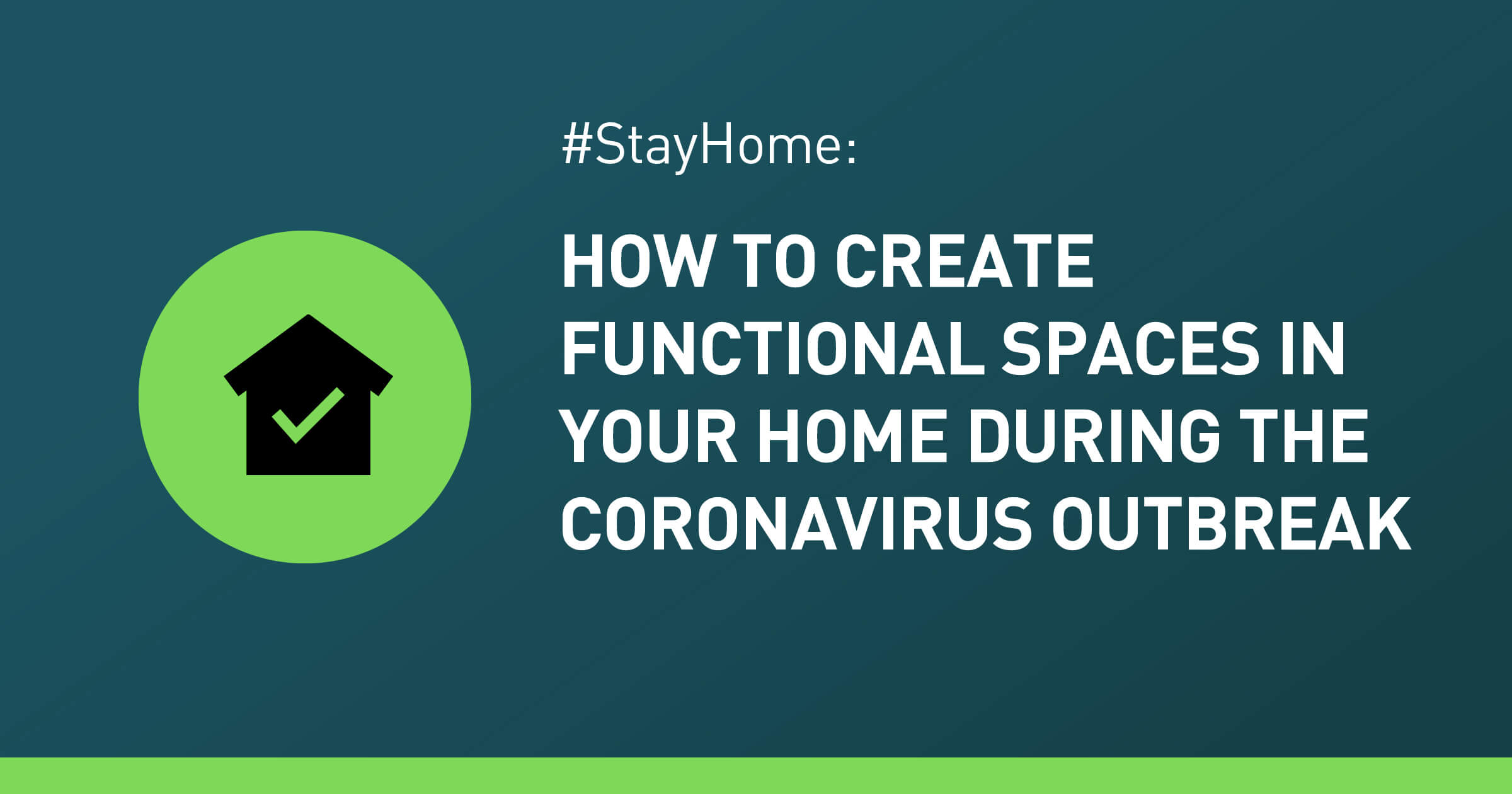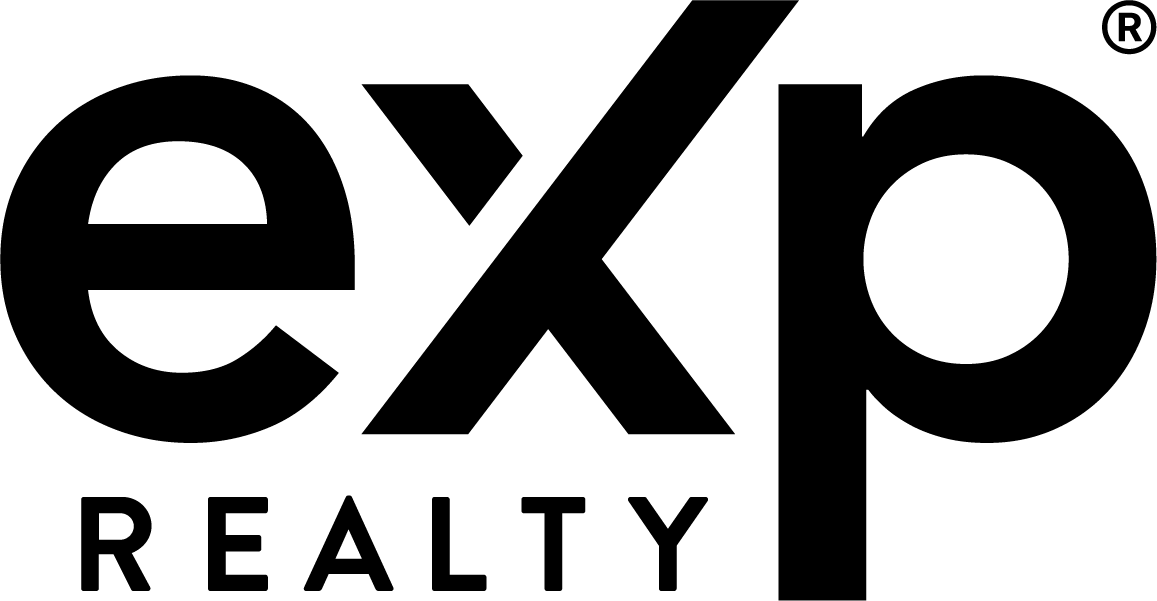10. Talking to people who think they know the market based on what Globe & Mail or Vancouver Sun or Global News at 6 says.
Often times, internet news or media’s goal is to entertain readers and often exaggerate numbers and trends. News found online or on TV often speaks to the Real Estate market on a whole and doesn’t look at specific factors or specific neighborhoods. If you’re worried about your home in Point Grey, who cares what the average price of a home in ALL OF CANADA is or even the benchmark price in ALL OF GREATER VANCOUVER.
9. People who ask for kickbacks
People often judge your value based on what kind of kickback you can offer rather than what kind of service or quality of service you can give them. If I needed heart surgery, I’d definitely not choose a surgeon based on what kind of kickback he/she can offer me. I’d care about how competent this surgeon was. So, with the purchase or sale of a home in the hundreds of thousands or millions, why do people care about whether the Realtor offers $2000, $5000 or $10,000 kickbacks? If I’m helping my client buy a $500,000 house, my priority and goal is to get the best best price for them, potentially knocking the price down tens of thousands of dollars. What kind of Realtor would I be if my focus was on how much kickback I can give back to the client? I always say, “if I can’t even negotiate my own commission, what makes you think I can negotiate the best price for you when it comes to buying or selling a home?”
8. People who don’t think we’re professionals
Yes, there are low barriers to entry for people to become Realtors. Realtors only need a high school diploma and need to read a 26 chapter book, do 20 open book assignments and write an exam at the end before getting licensed. Realtors have to take Professional Designation credits every 2 years to keep their license, but those are just short seminars that don’t require homework or any exam. Some Realtors don’t even read the 26 chapter book, take some condensed course that has all the answers to the assignments and gives you the questions/answers to the exam with a goal of just helping people pass the exam rather than truly educating people. But, there are those who study the market daily, go and view homes regularly and work super hard at every deal as if it’s their only deal for the year. In every industry, there are those who are truly professional, then there are those who only look professional and I’ll talk about that later on in another blog post.
7. People who don’t trust/listen to their Realtor
People hire Realtors because they want to hire a professional to do the job. People stay with the Realtor because they trust him/her, right? So, why don’t they listen to the Realtor when the Realtor actually provides advice? Some think that the Realtor’s just in it to get the quick sale or is shady or whatever, then why don’t those people just hire another Realtor. You can fire your Realtor, you know? Realtors also have the right to fire their clients too. There are cases where some people hear good advice from their Realtors but then they just do whatever they want to do which is not recommended and the result? Well, let’s just say they would have been better off if they listened to their Realtor, but even when the result comes out, professional Realtors can’t really say anything, they’re not going to say, “See, I told you so… Next time, listen to me and don’t go rogue…”. I usually say very little unless they ask me directly for my opinion. I want clients to see the results for themselves and come to their own conclusions.
6. People who choose the wrong Realtors
It’s sad to hear people choosing the wrong Realtors. They choose people who they think are good just because their name is everywhere. Just because he/she is famous, doesn’t mean he/she is a good Realtor. I learned that when my wife chose a famous OB. This guy teaches at a university, super well known, etc… but he ended up being terrible at customer service and incredibly unprofessional. People also choose Realtors based on how much kickback they get back. In most professional associations, professionals aren’t allowed to personally slander another person’s reputation, so when I hear about a person’s bad experience, all I can say, “hmmm, that’s unfortunate…” and then leave it at that.





 Yvonne Yang
Yvonne Yang 
 Carlos Garcia
Carlos Garcia 


